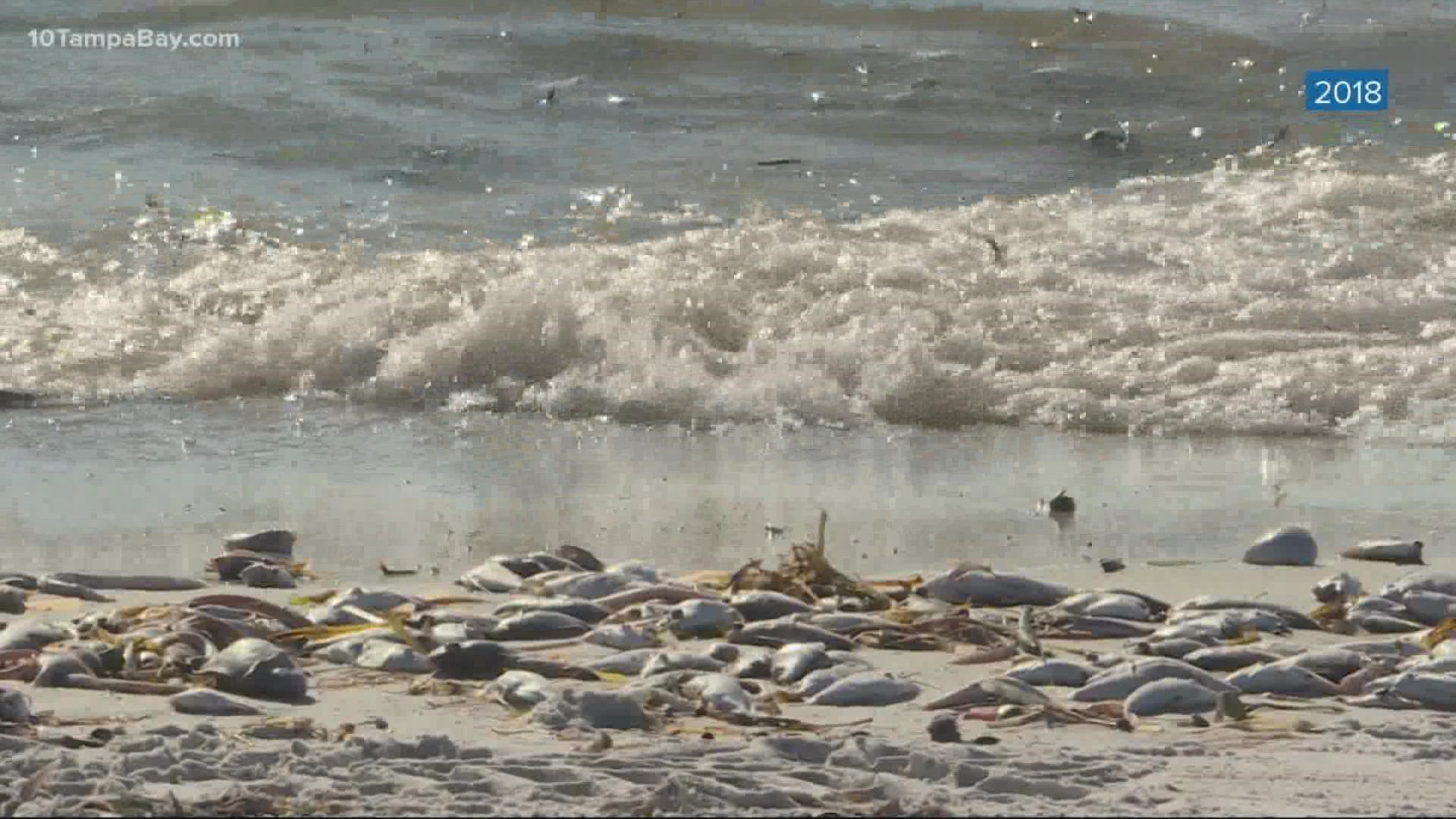TAMPA, Fla. — A Florida congressman has filed a bill hoping to address an issue that's been plaguing the Sunshine State over the past few years.
U.S. Rep. Byron Donalds, R-Fort Myers, last Thursday filed the Protecting Communities from Harmful Algal Blooms Act (H.R. 7206). The piece of legislation would include algal blooms in the national list of Major Disaster Declarations. Doing so would allow local or state governments to access federal assistance if they're experiencing harmful algal blooms.
"Water is Florida’s most important natural resource and serves as the heart & soul of Southwest Florida,” said Rep. Donalds in a news release in part. "This bill gives state and local leaders the opportunity to request federal funding to protect their waterways for future generations to come."
Harmful algal blooms have made headlines across Florida in recent years. The most recognizable type of algae bloom is the red tide organism Karenia brevis.
Just last summer, red tide caused Tampa Bay area shorelines to be littered with thousands of dead sea life — a plague that filled the air with rotting fish flesh. And it wasn't just the smell. The presence of the bloom also caused respiratory irritation forcing many people to avoid beaches.
That mass avoidance of the beaches has had an impact on Florida's economy. Researchers at the University of Florida recently reported that the 2018 red tide outbreak in Florida cost the state's tourism sector roughly $184 million.
Red tide is naturally occurring, but local researchers and scientists have said climate change and human activity remain a concern and contributing factor to recent blooms.
The blooms can last as little as a few weeks or longer than a year and can even subside and then reoccur, according to the Florida Fish and Wildlife Conservation Commission.

